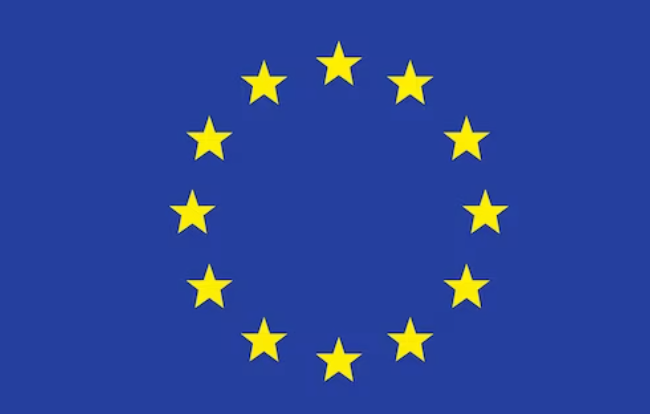$BAYRY $DE $MON
#EU #trade #importban #pesticides #farming #agribusiness #foodsecurity #regulation #Brussels #stocks #marketimpact #supplychain
The European Union is considering implementing a ban on imported farm products that contain pesticides already prohibited within its borders. This move is reminiscent of the aggressive trade policies introduced by former U.S. President Donald Trump, who sought to protect domestic industries by imposing strict import regulations. EU officials argue that allowing food products with banned pesticides undermines public health protections and places European farmers at a competitive disadvantage. The initiative reflects the EU’s broader push to enforce stricter environmental and food safety standards, even beyond its own borders. However, such a policy could escalate trade tensions with major agricultural exporters, including the United States, Brazil, and Argentina, which rely heavily on certain pesticides that the EU has outlawed.
The proposed restrictions are likely to have significant economic consequences, particularly for agribusiness giants such as Bayer ($BAYRY) and Corteva ($CTVA), which manufacture and distribute pesticides. If the EU enforces a strict screening process for imports, food producers and suppliers worldwide may need to find alternative chemicals, potentially increasing costs. Companies like Deere & Co. ($DE), which provides farming equipment and agricultural technology, could also see an impact as stricter pesticide controls might shift demand toward different crop management techniques. Meanwhile, supply chain disruptions could lead to higher food prices in Europe, affecting inflation and consumer spending. Investors are likely to monitor the developments closely, as any bans could alter agricultural trade flows and impact commodity prices.
Beyond economic concerns, the proposed ban raises geopolitical risks. Some of the world’s largest agricultural exporters may challenge it at the World Trade Organization, arguing that the EU’s restrictions create unfair trade barriers. If disputes escalate, retaliatory tariffs or import duties against European goods could be on the table, affecting industries beyond agriculture, such as automotive and luxury goods. At the same time, the EU faces internal pressures from agribusiness groups that depend on imported raw materials to sustain food production. A balancing act will be required to uphold high food safety standards while avoiding disruptions that could harm European consumers and businesses. This situation highlights the broader challenge of aligning environmental and economic policies on a global scale.
The financial markets are already reacting to increased regulatory scrutiny in the agricultural sector. Shares of major agrochemical firms have experienced heightened volatility in anticipation of restrictions, and analysts warn that further regulatory tightening in the EU could reduce profits for companies reliant on chemical-based agricultural inputs. While the policy shift is intended to support sustainability, it may inadvertently accelerate food inflation if production costs rise. Additionally, firms specializing in organic or alternative pest management solutions could see growing investor interest as the EU continues its push toward greener farming practices. Moving forward, market participants will watch for official legislative proposals and potential retaliatory responses from key trade partners, as these developments could significantly reshape global agricultural trade dynamics.







Comments are closed.